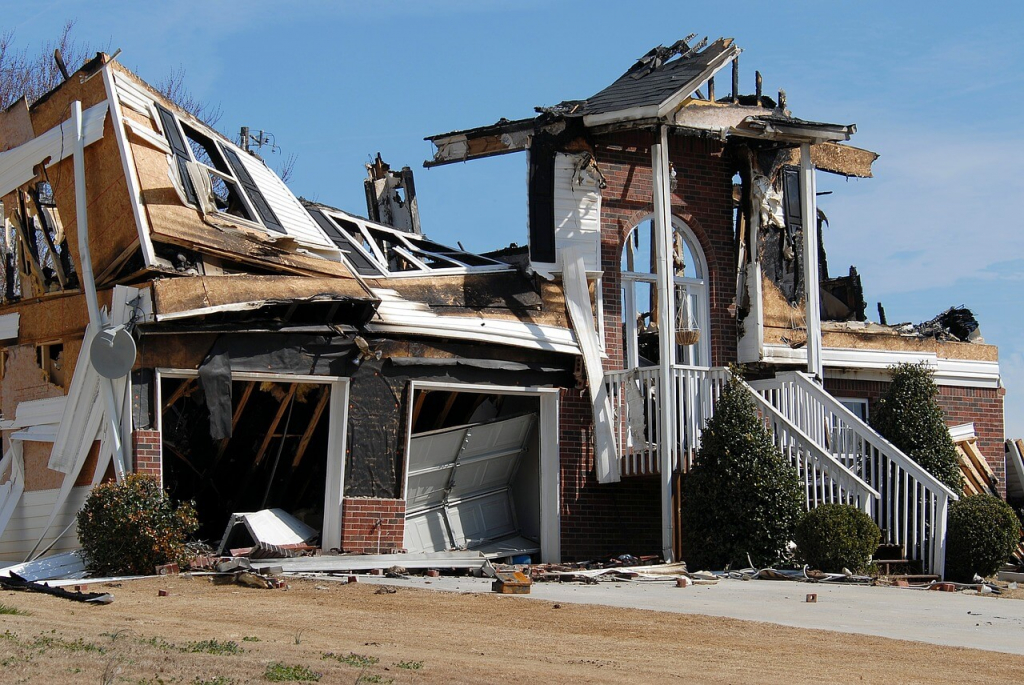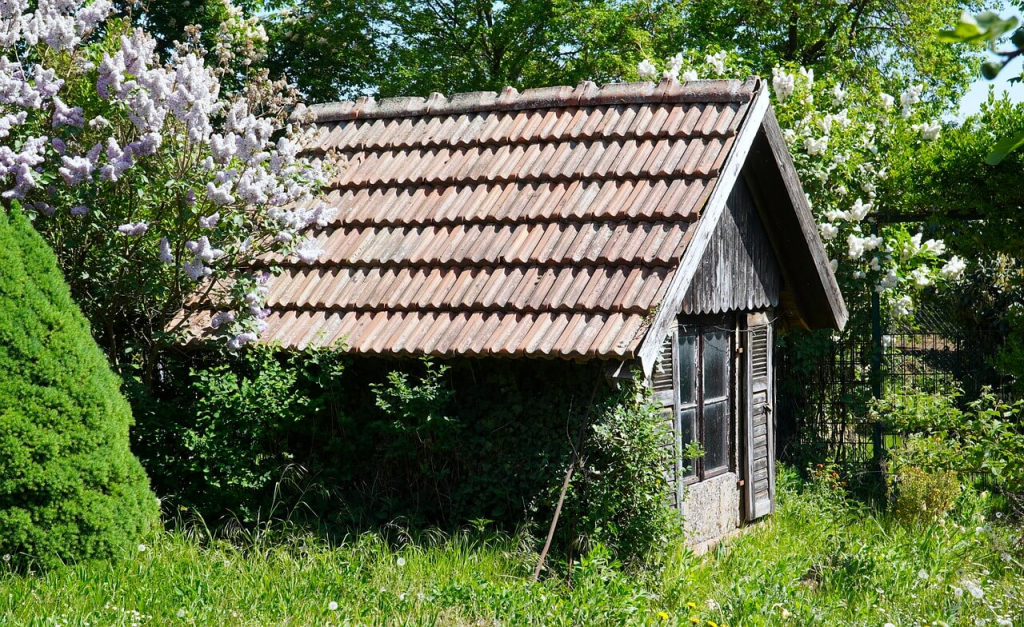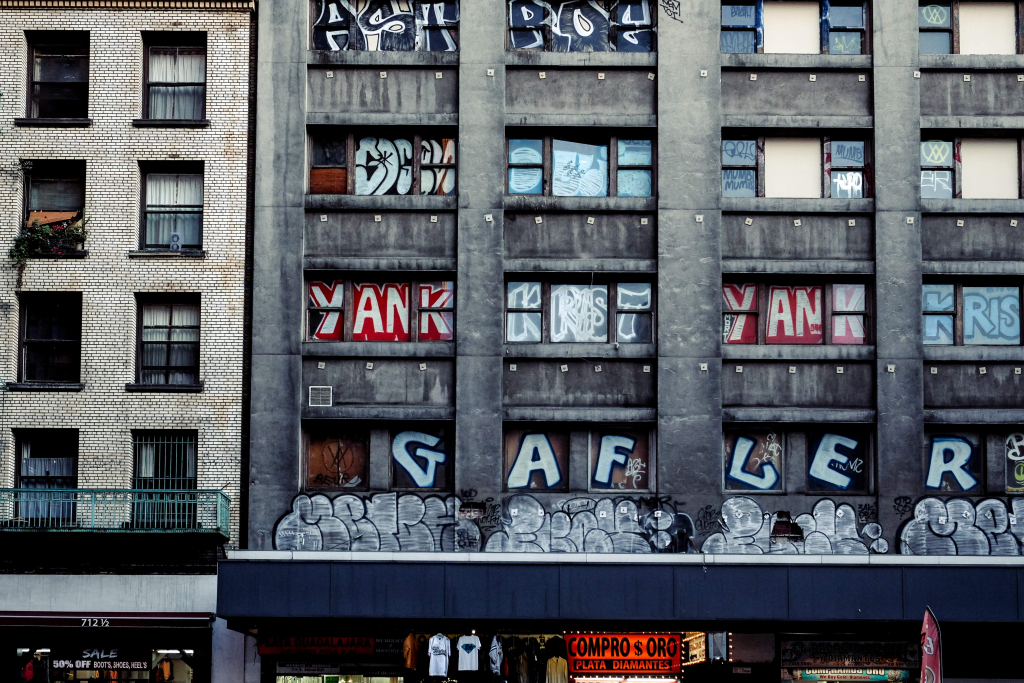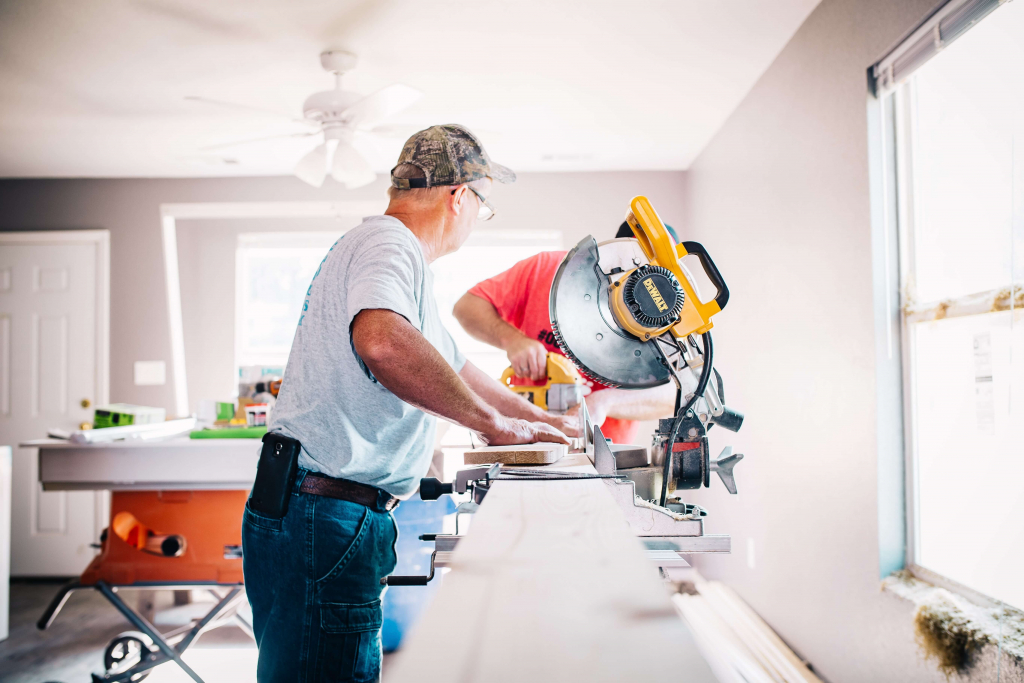All landlords should have insurance. This will help in avoiding financial losses that are in any way related to the properties of a person. There are unavoidable circumstances that can damage your properties that will render them unlivable or can even cause harm to a tenant and you will need financial assistance for repairs and medical fees. This is where your insurance comes in.
There are usually two types of landlord insurance, property damage and liability insurance.
A property damage insurance covers any physical damage to the unit, including any machineries that are inside it. It includes:
· Physical property
It includes the damages caused by flood, fire, or criminal activities that may result in massive repairs or renders the property unlivable.

· Machineries
Any equipment that is used for the maintenance of a home is covered with this insurance. For example, a lawnmower is typically used for the property’s upkeep. Once damaged, it can be included in the coverage.
· Additional structures
Some properties have separate or additional structures such as a shed or a garage. They are still part of the insurance coverage.
However, all damages will be up for deliberation on how much your insurance will cover. You should be aware of your landlord policy regarding this matter. There are things to consider such as deductibles and limits on your insurance.

A liability insurance, on the other hand, covers financial assistance if there are unfortunate instances that may cause harm to a person in your property. There will be medical bills to pay if, upon investigation, the injuries were due to the inability of the landlord to maintain the safety of his property. For example, a person falls and breaks a leg because the stairs are unstable, the landlord will be responsible because it is his job to make sure that the unit they are renting will not have unsafe parts.
Your insurance can also help you if the affected person will decide to file a lawsuit against you, as the incident happened within the property.
Here are some additional coverages to consider when you are a landlord:
· Theft and Vandalism
These incidents are sometimes unavoidable because one cannot control other people’s behaviors and their tendency to commit misconduct. It can pay for damages or loss of machineries used for property upkeep.
This is not typically included in a landlord’s basic insurance. You may have to purchase this as an additional insurance.

· Building code coverage
Building codes may change and it may not be the same as when your property was put up. If the said building requires some repairs, you might be required to make changes based on the current codes. The coverage will help with the amount needed for the necessary restorations or renovations
· Construction of property
Your building might not be ready yet because it is under construction. This may protect the building while the work is still ongoing.
Some things cannot be covered by your insurance and it is also imperative that you are aware of these:

· Certain Maintenance and repairs
If a machine in your property is broken, but was not damaged due to uncontrollable external factors, then the landlord will have to pay for the repairs.
· Personal items belonging to tenants
If a tenant’s possessions are damaged in any way or have been stolen, your insurance will not cover this. They have to have their belongings insured.
It is advisable to find out which insurance will apply to your needs and it should be the most helpful. This should be done before advertising your properties.
So, before you go and advertise your property listings at Padleads, which you will then syndicate to well-known rental sites, ensure that you have the proper insurance secured first.
Contact an insurance agent as early as now to help you assess the insurance which will be perfect for you.